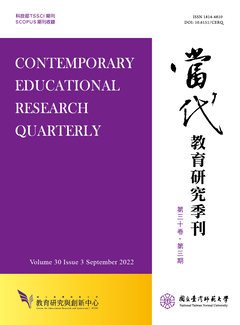

“The immanent frame” has been proposed by Charles Taylor (1931–), a prominent philosopher of the contemporary world, in his book A Secular Age, to illustrate a modern society governed by instrumental or scientific reason. However, Taylor argues that living within “the immanent frame” does not necessarily entail sloughing off transcendence. According to Taylor, a life open to the transcendent is significantly richer than a life that is closed to it. For modern education deeply embedded in the closed immanent frame, Taylor’s concept of “the immanent frame” and his assertion of opening to the transcendent may have substantial implications. This paper is divided into four parts: first, to expound upon Taylor’s concept of “the immanent frame”; second, to shed light on the critical connotations of the closed immanent frame’s “self-authorization”; third, to analyze Taylor’s arguments on the inadequacies of the closed immanent frame, and the claim that the discussions on ontology and ethics should certainly be revisited to achieve a fuller life and develop spirituality; finally, this paper ends with some suggestions regarding Taylor’s perspectives on education. They are as follows: to consider the human inclination to the transcendent; to include the vertical dimension in the philosophy of education, and to emphasize educational practices which can improve the development of students’ inner resources and spirituality.

This work is licensed under a Creative Commons Attribution-NonCommercial 3.0 Taiwan License.
Center for Educational Research and Innovation, National Tawain Normal University
162, Ho-Ping East Rd, Sec. 1, Taipei, Taiwan | Tel:+886-2-7749-3670 | E-mail: cerecerq@gmail.com
CERI | NTNU | E-mail Alerts | Open Journal System
© 2014 CERI-NTNU
